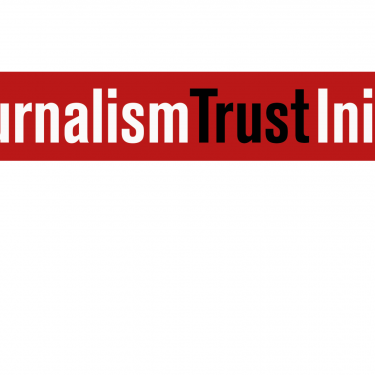The public consultation

Reporters Without Borders (RSF) and its partners AFP, EBU and GEN have launched a public consultation about the draft of the CEN Workshop Agreement (available for download) on July 3rd.
The public consultation of this draft is a critical feature to ensure the broadest possible support for the finally published document, and from now on until October, the Journalism Trust Initiative is expecting feedback on its proposal. The general public as well as professional communities are invited to provide opinion and specific proposals for amendments of each of the 16 clauses, numerous sub-clauses and the attached checklist.
Means of providing feedback include an already available comments form posted on the CEN website and a dedicated e-mail address jti(a)rsf.org. In addition, an interactive online-tool will be developed. Following CEN guidelines, all comments received will be evaluated by the JTI drafting committees and then fed into a final review of the Workshop Agreement and its release towards the end of the year.
After final publication of the JTI document in early 2020 it will be made available to all types of media outlets for self-assessment and optional, additional audit, the so-called conformity assessment. The resulting datasets are supposed to inform better decision making of news distribution and consumption, both by humans and algorithms, but also of advertising spending, and thus reward journalism worthy of this name. Any instrument to facilitate this logic was missing up until now and JTI took off to provide it in a fully inclusive and self-regulatory way – sourced by journalists for journalists, but with a wider alliance of other stakeholders supporting it. The public consultation is intended to widen the range of participation in and, eventually, the legitimacy of the Journalism Trust Initiative.
Distinguishing itself from other projects around trust indicators, JTI focuses on the process – or the ‘manufacturing’ level of journalism – only, not on single pieces of content. Media outlets would be conforming with the standard as an entity, for example by providing transparency of ownership, sources of revenue and proof of a range of professional safeguards. For the first time, it adds a logic of rewarding compliance with already existing principles of journalism.
